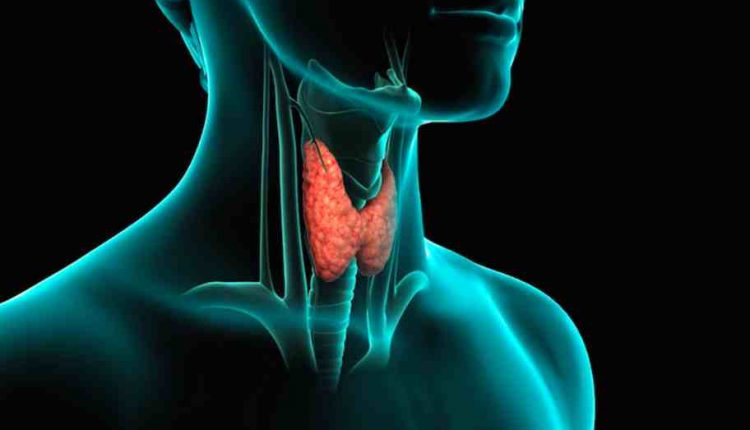
Thyroid nodule: signs not to be underestimated
A thyroid nodule is one of the most common thyroid disorders. It mainly affects women and is generally benign. But how can we tell if we are affected?
Thyroid nodule: alarm bells and whistles
Normally, a thyroid nodule is silent and is discovered by chance.
However, there are some signs that may lead to the suspicion of the presence of a thyroid nodule:
If a patient complains of difficulty in breathing or swallowing, or a feeling of constriction in the neck, as well as if the nodule is clearly visible.
In some rarer cases, the patient may experience symptoms of hyperthyroidism, such as tachycardia, heart arrhythmia, weight loss, but also increased sweating and appetite.
In such cases, an ultrasound scan is performed to assess the presence of a thyroid nodule.
Incidentalomas are those nodularities found incidentally during examinations that the patient has undergone for symptoms not directly associated with a thyroid disease: this may occur during an echocolordoppler of the supra-aortic vessels, or during an MRI of the cervical vertebral column.
Thus the existence of a nodule may be detected by chance or may be suspected through observation of the patient’s neck.
Thyroid nodule and lifestyle: is there a link? Could the occurrence of a thyroid nodule be related to lifestyle?
No. The only risk factor associated with lifestyle is a diet with an almost exclusive consumption of brassicaceae (i.e. cabbage, cauliflower and vegetables of the same family), but this is a very difficult hypothesis if we take into consideration the diet usually followed in Italy.
In Italy, however, there is a goitrogenic endemic due to a deficiency of iodine, an indispensable element for the proper functioning of the thyroid, which can be mild or moderate.
It is therefore advisable to provide the correct amount of iodine in the diet, for example by using iodized salt.
Iodine intake is even more important in certain specific situations, such as pregnancy.
Thyroid nodules: diagnosis and monitoring
Following assessment of the functional status of the thyroid gland, the decision is made whether to continue with cytological examination of the nodule by needle aspiration to assess the possible presence of a thyroid carcinoma.
The indication for the need for this further examination is determined by the ultrasound features of the nodule and the presence or absence of specific risk factors, e.g. previous neck irradiation.
If, however, the thyroid nodule is mythologically or ultrasound benign and its size is not such as to imply tracheal or oesophageal compression, ultrasound examination to monitor any changes in the size of the nodule is considered sufficient, at least once a year.
How are thyroid nodules treated?
It is not possible to prevent nodule growth through medical treatment, which is usually only prescribed in cases of thyroid dysfunction.
If there are particularly large nodules, which are related to compressive symptoms, or if the cytological result for thyroid neoplasia is positive, surgery is appropriate.
On the other hand, in the case of a hyperfunctioning nodule, i.e. associated with hyperthyroidism, surgery or, alternatively, radiometabolic treatment with iodine may be considered.
Read Also:
Pulmonary And Thyroid Carcinoma: FDA Approves The Treatment With Retevmo


